Double Trouble For The Mediterranean Sea: Acidification And Warming
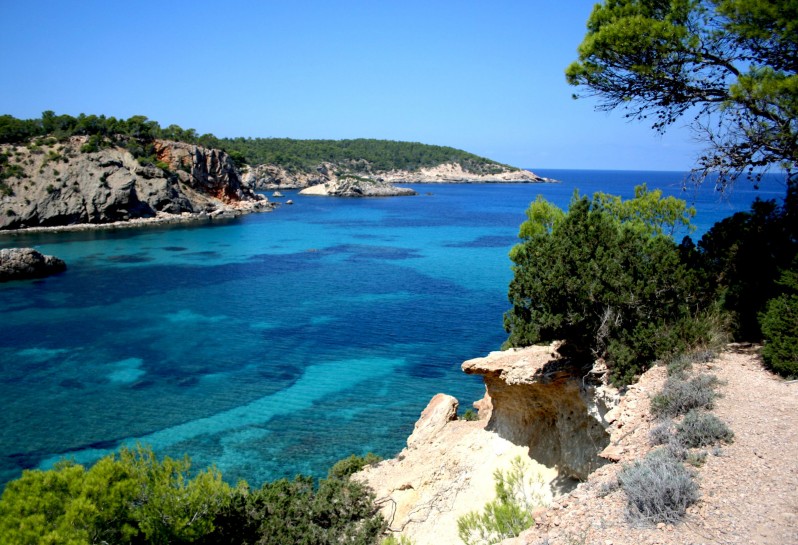
After a 3.5 year study, scientists have found that the Mediterranean Sea is warming and acidifying at unprecedented rates; the main reason is emissions of CO2 to the atmosphere from burning fossil fuels. This is of particular importance to the Mediterranean coastal societies with 300 million inhabitants (living and visiting), unique ecosystems, love of seafood and its role as a focus for tourist worldwide.
Scientists Explore Using Trees to Clean Pollution

Before Houston and its suburbs were built, a dense forest naturally purified the coastal air along a stretch of the Texas Gulf Coast that grew thick with pecan, ash, live oak and hackberry trees.
Gladstone Dredging Project Not Consistent With Best Practice, Australia
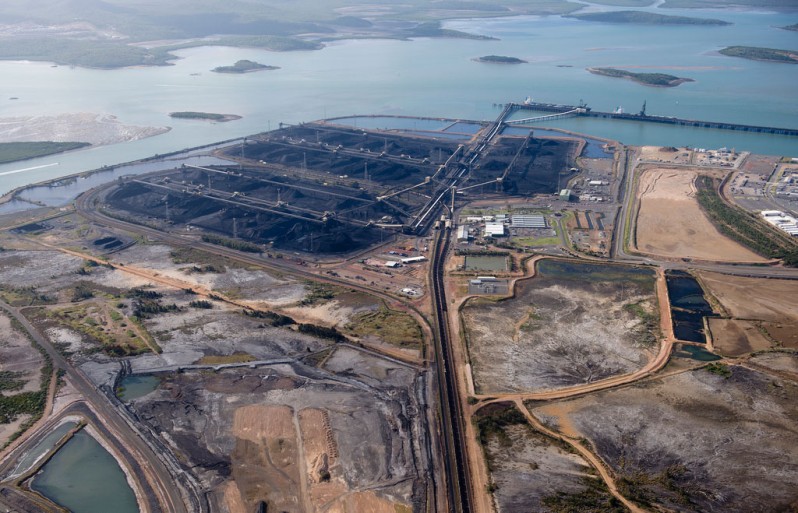
A dredging project at Gladstone harbor, Queensland, which coincided with the deaths of a large number of fish was deficient in its decision making and construction, a report instigated by the federal government has found.
Toxicologists Outline Key Health And Environmental Concerns Associated With Hydraulic Fracturing

Scientists outline how toxicological sciences can be used to determine what risks may be associated with fracking.
Great Barrier Reef’s Unprecedented Threat From Dredging, Dumping
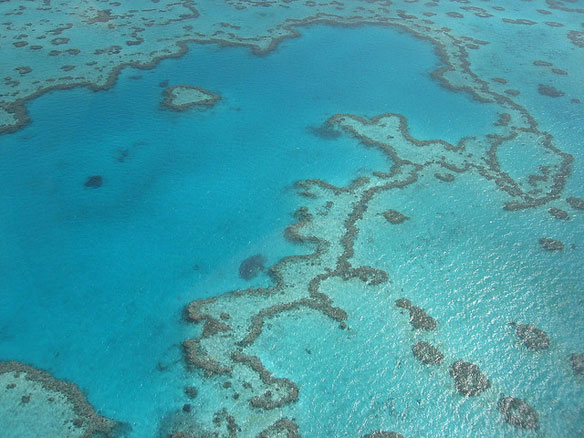
The impact of dredging and dumping sediment on the Great Barrier Reef has been far greater than the mining industry has claimed, with nearly 150m tonnes of new dredging set to take place in the reef’s waters, a study shows.
Spain’s Wetlands Wonder Is Under Threat For a Second Time In 16 Years
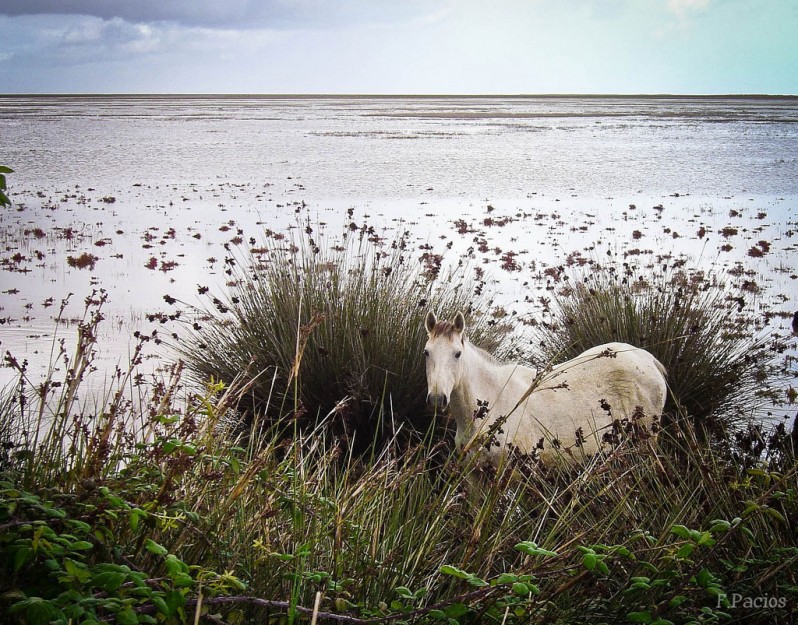
Doñana national park, a haven filled with rare birds and wildlife, survived a toxic flood. Now tourism, an oil pipeline, demand for water and the return of mining have left it on a knife edge.
California City Becomes First To Vote To Ban Fracking
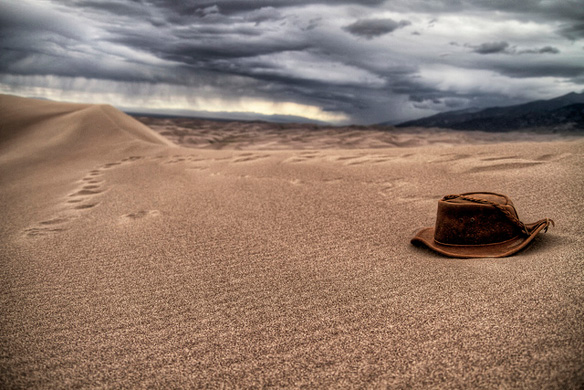
Beverly Hills became the first city in California to pass a ban on fracking and related extreme well stimulation techniques with a unanimous vote.
Air Pollution Over Asia Influences Global Weather, Strengthening Pacific Storms

In the first study of its kind, scientists have compared air pollution rates from 1850 to 2000 and found that anthropogenic (human-made) particles from Asia impact the Pacific storm track that can influence weather over much of the world.
Ocean Acidification Robs Reef Fish Of Their Fear Of Predators
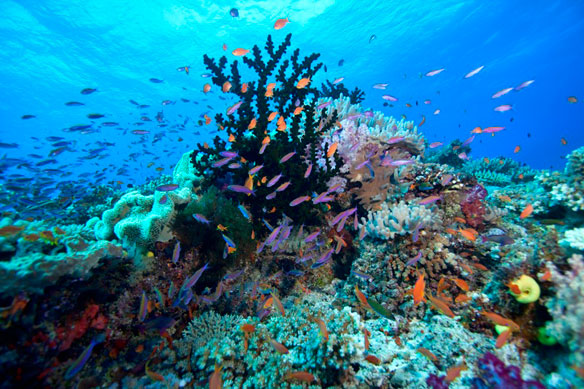
Research on the behavior of coral reef fish at naturally-occurring carbon dioxide seeps in Milne Bay in eastern Papua New Guinea has shown that continuous exposure to increased levels of carbon dioxide dramatically alters the way fish respond to predators.
